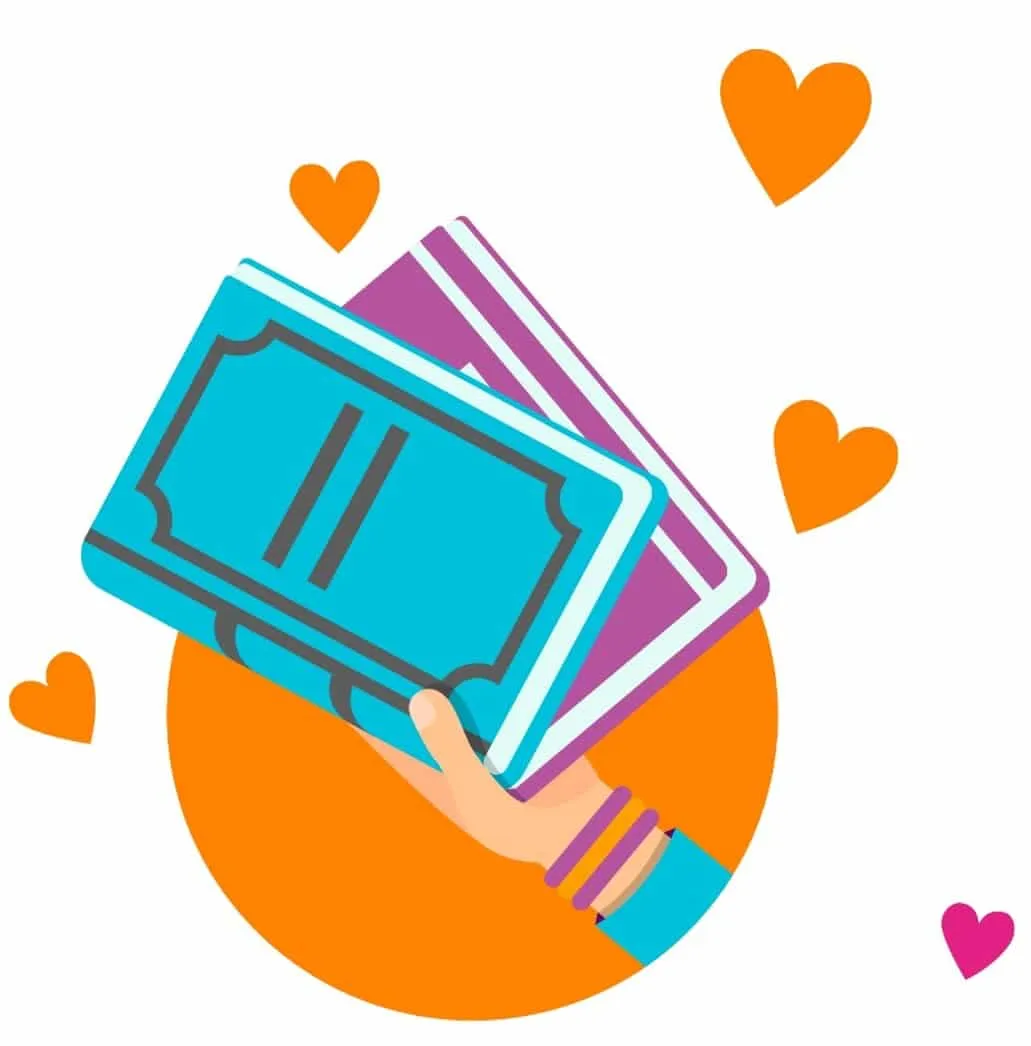July 3, 2019
You might have seen prominent children’s authors in the news joining a campaign to stop Essex County Council from closing 40 (that’s 60%!) of their local public libraries. The council claim that book loans have dropped by 52% and that visitor numbers have dropped significantly too.
This got us thinking. How can anyone see the value of their public library – which, by the way, is infinite and amazing – if they never used one at school? In December 2018, a report by the National Literacy Trust found that around 4% of children don’t have a school library. That might not like sound like many, but across the UK, that accounts for 400,000 children.

We love libraries!
Here at Renaissance, we love libraries, and we love librarians. Librarians champion reading across schools and often, their immensely hard work with Accelerated Reader is what makes it so successful. Shout out to public libraries and their librarians in Northern Ireland especially, who label their children’s books with AR book labels to make it easy for them to choose books to read outside school!
One thing we love hearing from our customer schools is that, after they’ve implemented Accelerated Reader, they see their library usage increase. One particularly poignant moment was from Cromer Junior School in Norfolk, who told us in May that they’d seen use of their school library increase so much since using Accelerated Reader that they’d actually hired a librarian for the first time.
We hope that every educator can see the value in a library and a member of staff to run it. (Even if a full-time professional librarian is little more than a pipe dream.) But if you know anyone who needs convincing, here’s what you can tell them about why libraries are so vital.
1. Children might not have books at home
Argument number one is a simple one. Another National Literacy Trust report found that 9% of children and young people say they have no books of their own at home – in your class of 30, that’s three children who don’t own a single book. A school library might be the only way they can find a book that they can read outside of class. And if you do have a library, but it sits there unstaffed, how can they possibly find the right book for them?
I rarely owned books as a child, instead I went to my local library. It was there that I developed my love of reading, & later writing. It makes me sad that children might grow up never having a local library. All libraries need to be saved. When they go, they go forever.
– David Walliams, children’s author
Most children are lucky enough to own books, and some are even luckier in being read to and encouraged to read at home – but not all. Around 73% of the children and young people who use a school library have higher literacy engagement scores those who don’t use – or don’t have – a school library.
2. A library is a safe space
School isn’t always an easy place to be. There will be children in your school who dread break and lunchtime without a group of friends to hang out with, or bullies to hide from. But if your school library is open, suddenly they have somewhere to go. It doesn’t matter if they’re reading classical literature or a comic book – or in fact, they might not be reading at all. For children who have responsibilities at home, like young carers, or whose home lives are chaotic, the library is the perfect place to do homework when actually doing it at home isn’t an option.
Librarians are there to guide, to advise, to recommend – they are the gatekeepers to new worlds and initiate an introduction to new friends on the page.
– Chris Riddell, Children’s Laureate 2015-17
Whatever they’re doing in the library, make sure it’s a happy and safe environment, with a librarian or member of staff to keep behaviour in check. And look out for a sudden influx of library users on rainy days: when no one wants to spend breaktime outside, guess where they’ll go…
3. Fake news!
Books? But isn’t everything you need on the Internet now, anyway? You’ve probably heard this one before. But while everything you could possibly learn from a book probably is available somewhere online, the question is where? Hidden behind reams and reams of less accurate information.
How can our future professors, researchers, scientists, historians undertake research without knowing where to look for it? You only need to look at the rise in fake news to realise that we aren’t doing enough to teach people how to find accurate information from reliable sources. This is where libraries and librarians come in!
The library was the place I went to find out what there was to know. It was absolutely essential.
– Zadie Smith, novelist
Whether you’re helping your students find the right book for their research, or pointing them to a useful and informative website (that isn’t Wikipedia), librarians are key to helping people find the right information from the right place. A school librarian recently told us that an NQT in her school admitted that she had never used her university library because she didn’t know how. Imagine what she missed out on!
For more ways to tackle the rise of fake news, you should definitely check out the NewsWise initiative from The Guardian with the PSHE Association and the National Literacy Trust.
And if none of this is enough…
All this and you STILL can’t convince SLT? You’re not alone. If you’re a small school and creating a whole library would be impossible or impractical, the good news is that a digital library – which is cheaper, easier to manage, and doesn’t require a physical space – is still very valuable. This research shows the importance of reading in print or on screen. And if a digital library is something you’d like to investigate more, check out myON, our new digital library platform.
And finally. This big old literacy review from (guess who) the National Literacy Trust says:
Pupils’ achievement test scores tend to rise with increases in the number of school librarians and total library staff hours. (P14.)
So what more do you need to know?!
“Libraries will get you through times of no money better than money will get you through times of no libraries.”
– Anne Herbert
Sources
- School libraries: Why children and young people use them or not, their literacy engagement and mental wellbeing
- Book ownership, literacy engagement and mental wellbeing
- School libraries: A literature review on current provision and evidence of impact (2017)
- Children, young people and digital reading
- How do you turn kids into bookworms? All 10 children’s laureates share their tips
- Zadie Smith defends local libraries
- David Walliams on Twitter
Note: no organisations or individuals paid us to include their links on this post. They were all independently chosen by us!
If you have any more research about why libraries are so vital, we’d love to see it. Talk to us on Twitter or email us at answers@renlearn.co.uk
